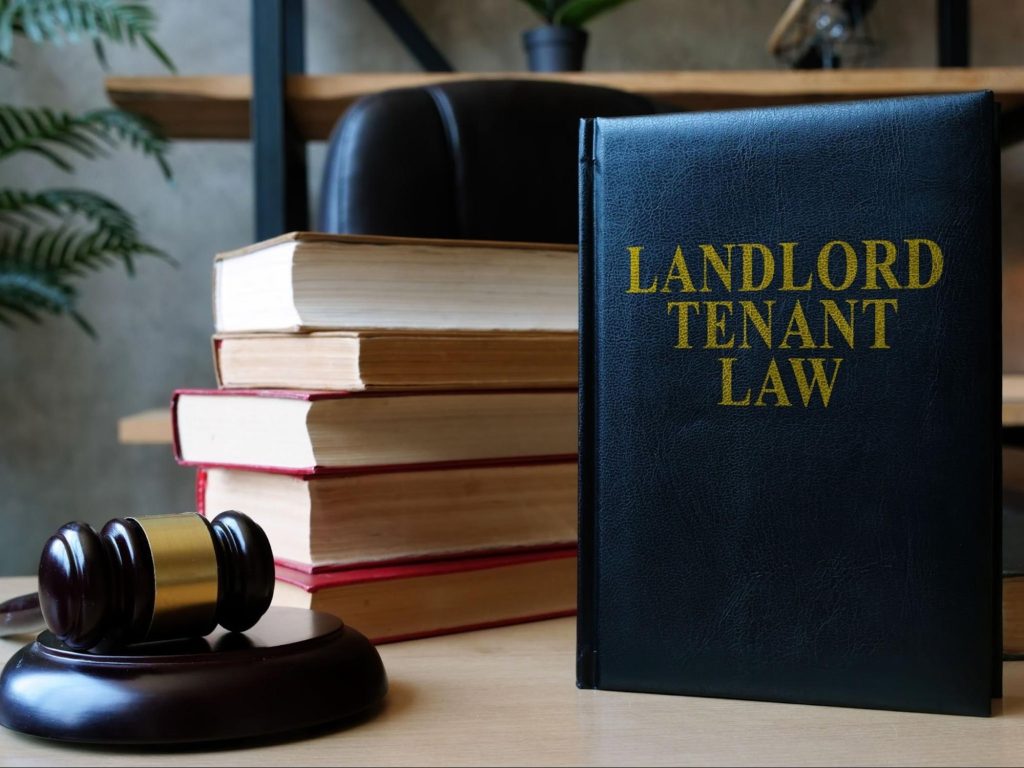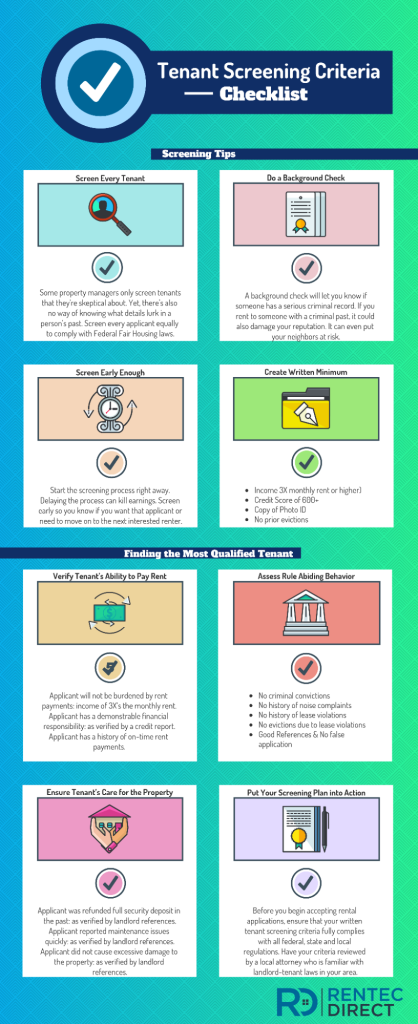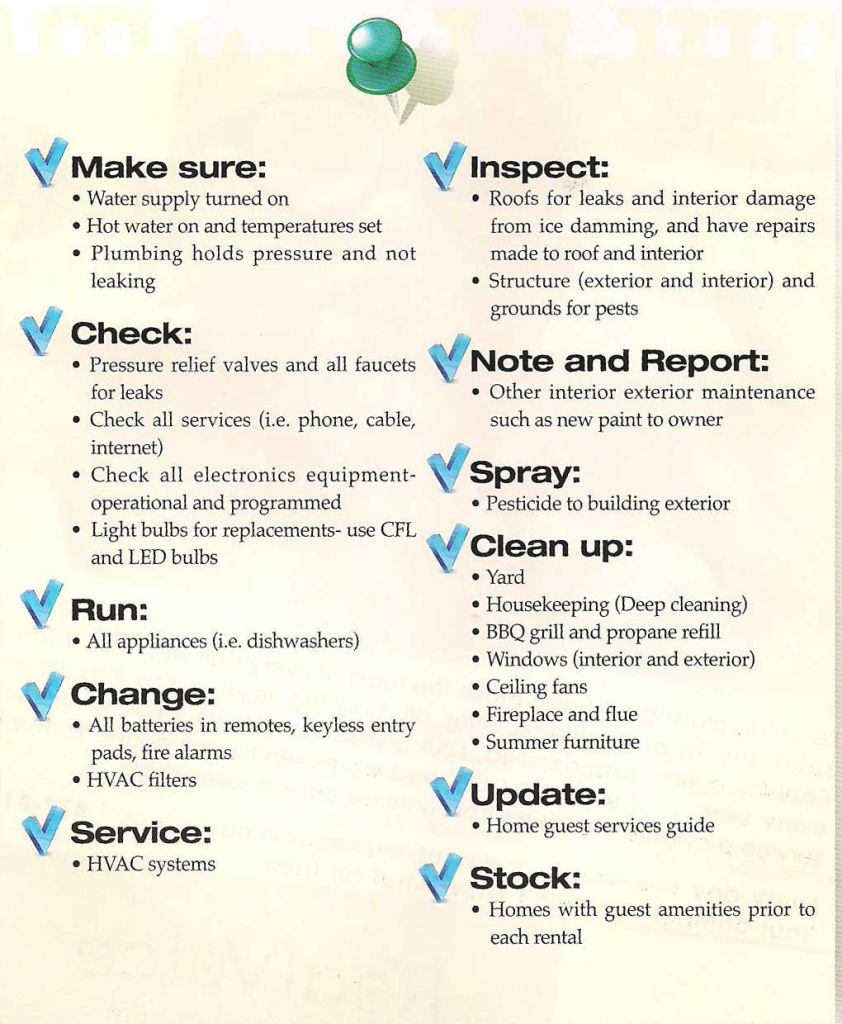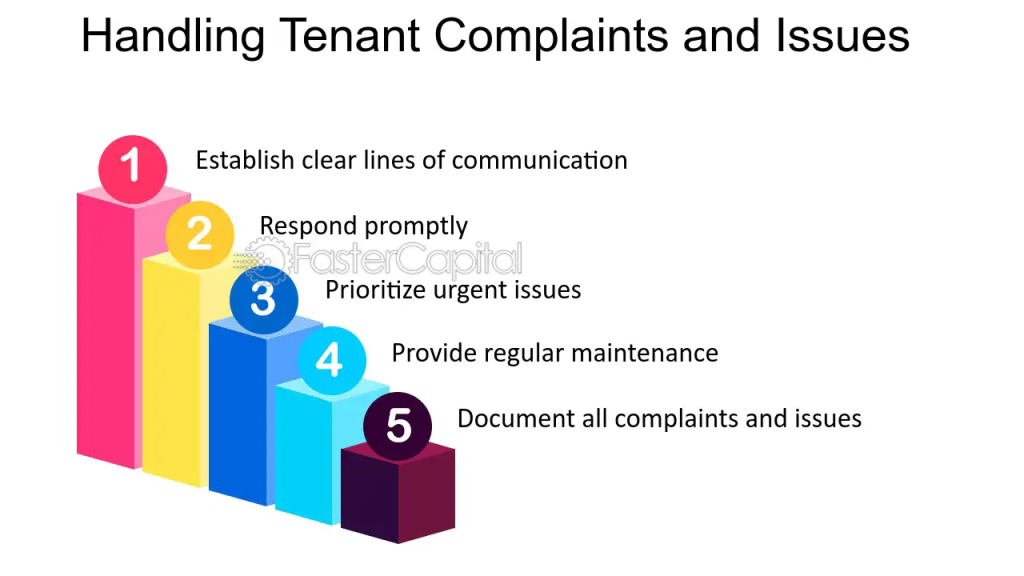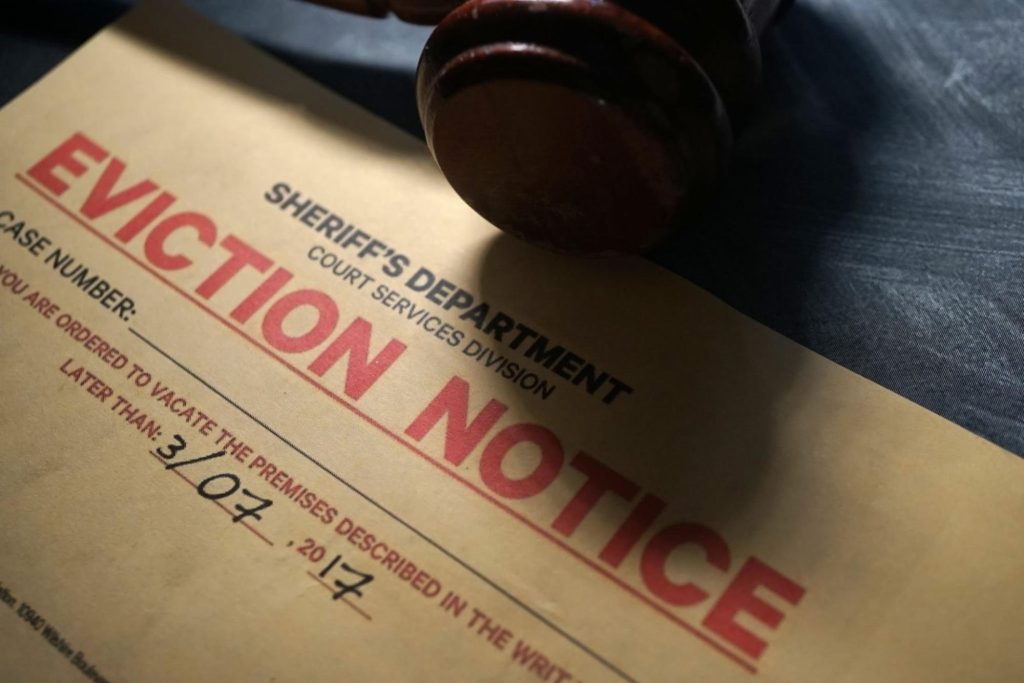Local (European-Specific) Content : Tenant Screening and Selection in Europe
Στόχοι Μαθήματος:
- Learn how to screen tenants properly while respecting local privacy laws και anti-discrimination rules. You’ll understand what background checks, references, and interviews are acceptable in different European countries.
- Understand the components of a strong lease agreement in Europe. You’ll learn how to clearly define rent terms, lease duration, και termination clauses to protect both landlord and tenant rights.
- Explore communication best practices to build positive relationships with tenants. Knowing how to respond to requests, provide updates, και use multilingual tools will help you become a more effective landlord.
- Gain insight into property inspections and maintenance, learning how to schedule inspections legally and perform preventive maintenance to protect your investment and ensure tenant satisfaction.
- Know how to handle conflicts and evictions respectfully and legally, including the use of mediation, proper documentation, and compliance with tenant protection laws that vary across European countries.
Tenant Screening and Selection
Screening and selecting tenants is the first step to ensuring a smooth and productive landlord-tenant relationship. In Europe, tenant screening must be conducted in accordance with local regulations to ensure fairness and avoid discrimination.
Key Considerations for Tenant Screening
- Credit and Background Checks: In countries like Γερμανία και the U.K., credit checks are standard practice. Landlords can request proof of income, employment history, and previous rental history to verify a tenant’s financial stability. However, access to credit data varies by country due to privacy laws. For example, in Γαλλία, obtaining detailed financial information may require tenant consent.
- References: Asking for references from previous landlords is a common practice across Europe. In cities like Paris και Madrid, references are a key factor in assessing whether a tenant has a history of reliable rent payments and property care.
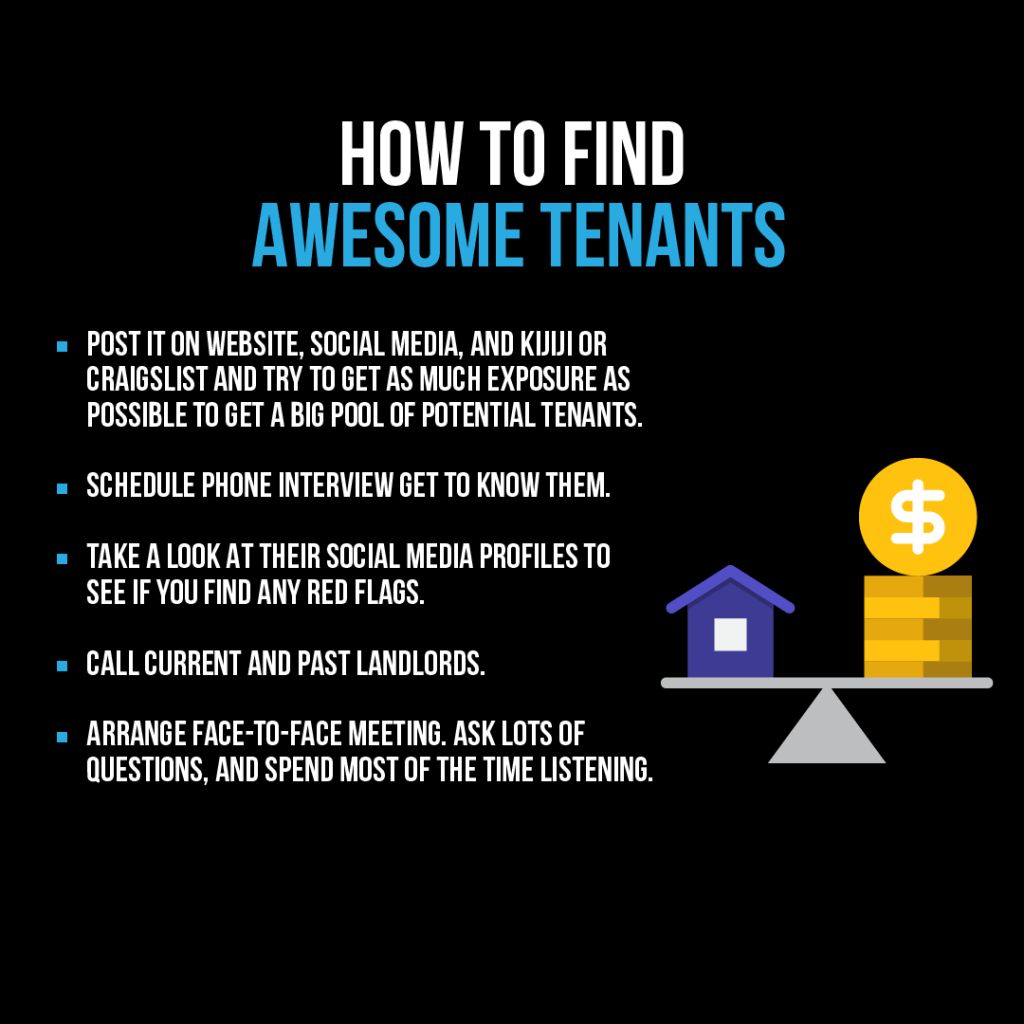
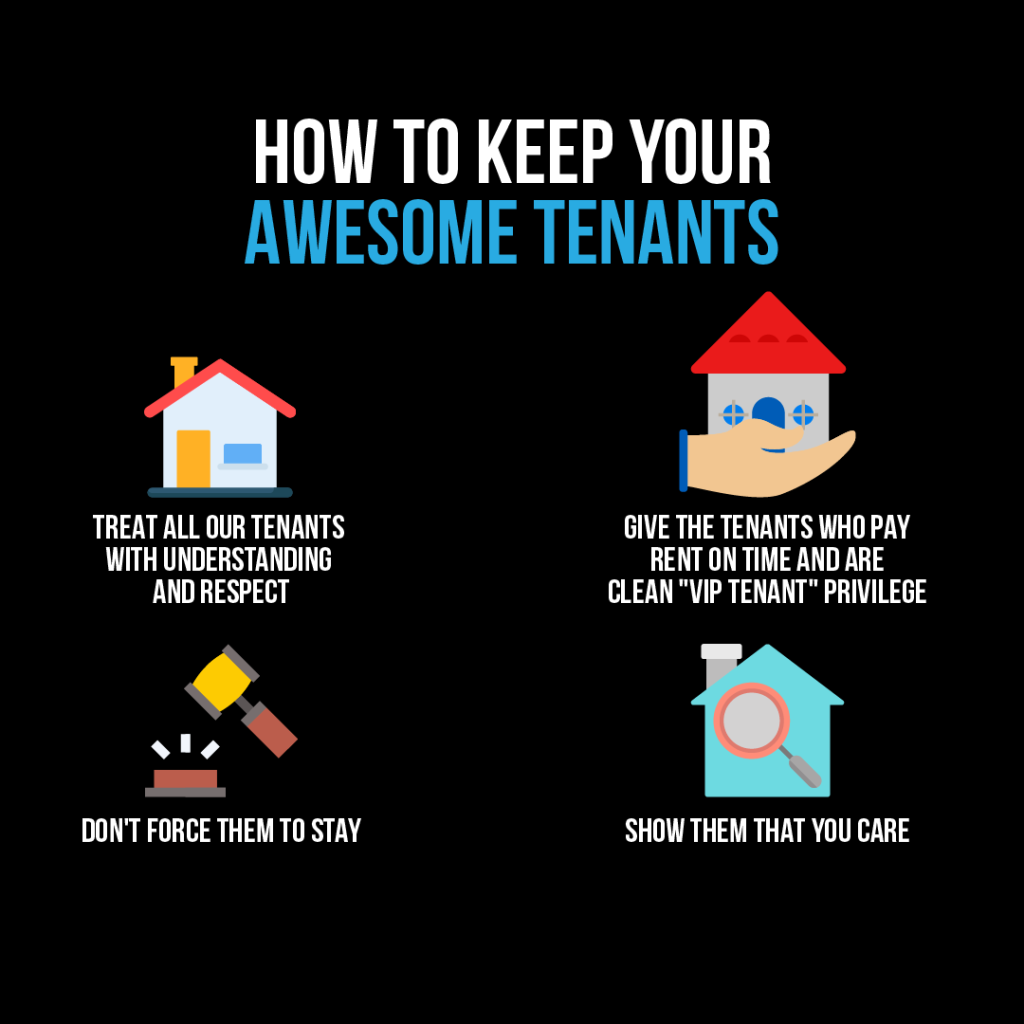
Legal Considerations
In European countries like Γερμανία, Γαλλία, και Ιταλία, anti-discrimination laws apply to tenant screening. Landlords cannot discriminate based on race, religion, gender, or other protected categories. Being aware of these laws ensures compliance and avoids legal complications.
19.2 Clear and Comprehensive Lease Agreements in Europe
Clear and Comprehensive Lease Agreements
A well-drafted lease agreement is essential for defining the rights and responsibilities of both the landlord and tenant. In Europe, lease agreements must adhere to local regulations, which often favor tenant protections.
Key Components of European Lease Agreements
- Rent Terms: Specify the rent amount, payment due dates, and any conditions for rent increases. In Berlin, for example, strict rent control laws limit how often and by how much rent can be increased.
- Lease Duration: European lease agreements typically specify the length of the lease. In Γαλλία, long-term leases are common, often spanning 3 to 6 years, with the tenant having the right to renew unless the landlord provides valid reasons for termination.
- Tenant and Landlord Responsibilities: The lease should clearly define maintenance responsibilities. In Ιταλία, the landlord is generally responsible for major repairs, while the tenant handles minor upkeep.
- Termination Clauses: Include provisions for terminating the lease, such as notice periods required from both the tenant and landlord. In Ισπανία, a 30-day notice period is typically required for tenants wishing to end a rental agreement.
19.3 Effective Communication and Relationship Building in Europe
Effective Communication
Maintaining open communication with tenants helps prevent misunderstandings and promotes a positive landlord-tenant relationship. In European markets, cultural expectations and legal frameworks can influence how landlords communicate with tenants.
Building Positive Relationships
- Regular Updates: In cities like Amsterdam ή Vienna, where tenants often stay long-term, providing regular updates about building maintenance, inspections, or local regulations can help build trust and ensure transparency.
- Multilingual Communication: Given Europe’s diversity, landlords may need to communicate with tenants in multiple languages, particularly in major cities like Brussels ή Zurich. Offering translated versions of important notices or agreements can improve tenant relations.
Handling Requests
Responding to tenant requests promptly is crucial in avoiding dissatisfaction. In countries with strong tenant protection laws like Γαλλία ή Γερμανία, a landlord’s delay in addressing maintenance requests can result in legal actions by tenants.
19.4 Regular Property Inspections and Maintenance in Europe
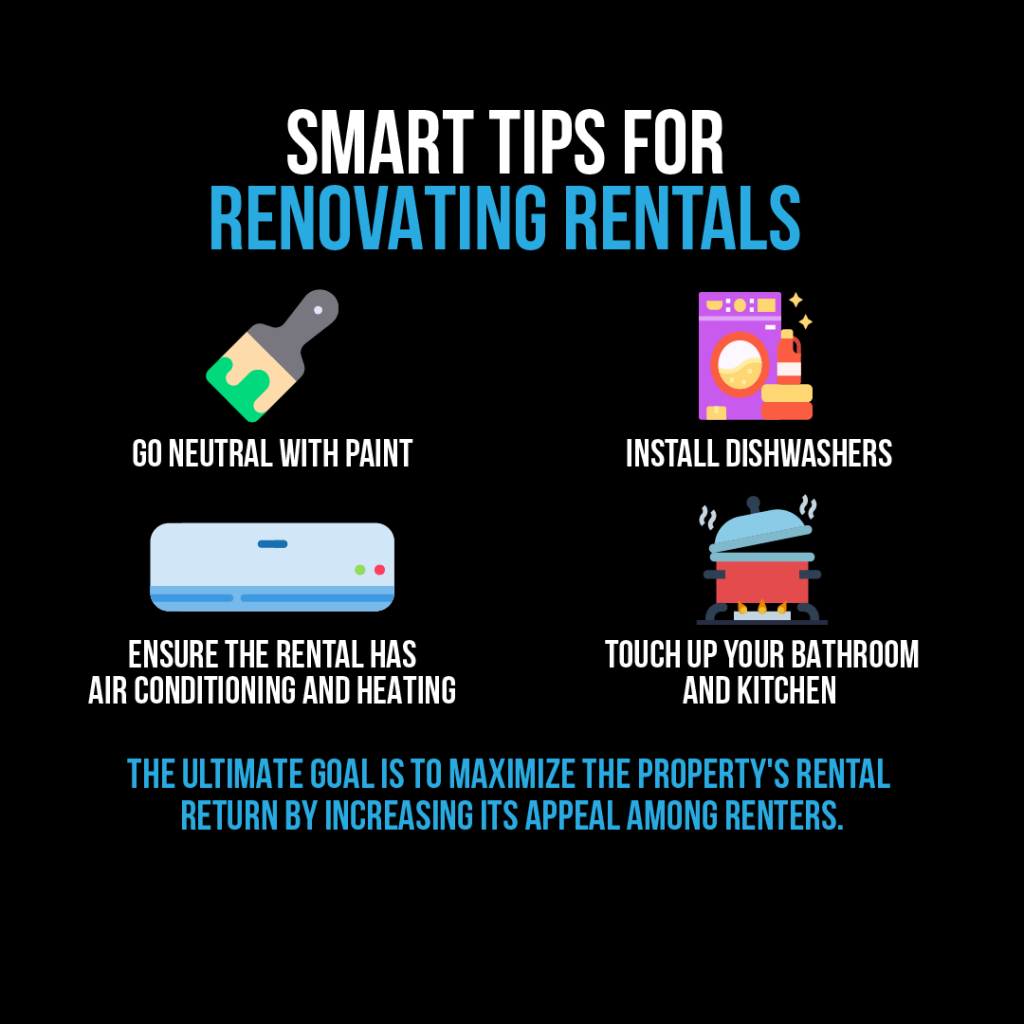
Regular Property Inspections and Maintenance
European countries often have strict regulations regarding the condition of rental properties, and landlords must ensure that properties meet local health and safety standards.
Best Practices for Inspections
- Scheduled Inspections: In countries like Γερμανία ή the Netherlands, landlords must provide advance notice before conducting property inspections. Regular inspections, such as annually or semi-annually, ensure that tenants are maintaining the property and help identify maintenance issues before they become serious problems.
- Legal Considerations: In some European countries, tenants have strong rights to privacy. In Γαλλία, for instance, landlords must provide written notice and have the tenant’s consent before entering the property, except in cases of emergency.
Preventive Maintenance
Preventive maintenance is key to preserving the value of the property. In cities like Stockholm ή Berlin, routine maintenance tasks such as servicing HVAC systems, checking for leaks, and ensuring electrical safety are common practices to avoid costly repairs later on.
Εικόνα: Vacation Rental Maintenance Checklist
Περιγραφή:
This figure provides a detailed checklist for preparing and maintaining vacation rental properties to ensure a positive guest experience. The checklist includes categories such as ensuring the water supply and hot water settings, inspecting roofs and structures for damage or pests, and performing routine maintenance like servicing HVAC systems and replacing light bulbs. Additional steps include cleaning the yard and interiors, updating guest service guides, and stocking amenities before each rental. These tasks collectively aim to maintain property standards, enhance guest satisfaction, and address potential issues proactively.
Βασικά συμπεράσματα:
- Essential checks ensure functionality: Tasks like testing water pressure, hot water settings, and running appliances prevent operational issues.
- Inspections highlight potential problems: Regular checks of roofs, plumbing, and structures help identify and address damage early.
- Comprehensive cleaning improves guest experience: Yard maintenance, deep cleaning, and window washing contribute to a welcoming environment.
- Maintenance updates prevent disruptions: Replacing batteries, servicing HVAC systems, and updating guest guides provide seamless guest stays.
- Stocking amenities enhances convenience: Preparing homes with necessary guest amenities ensures readiness for each rental.
Εφαρμογή πληροφοριών:
This checklist is useful for vacation rental owners and property managers to maintain high standards and prevent last-minute issues. It helps ensure guest satisfaction by addressing potential maintenance problems before they arise. Regularly following these steps can also prolong property lifespan και reduce repair costs, making it an essential tool for successful rental property management.
19.5 Handling Tenant Issues and Conflicts in Europe
Handling Tenant Issues and Conflicts
Addressing tenant issues quickly and professionally can prevent conflicts from escalating. In Europe, where tenant protections are strong, landlords must follow specific legal procedures when handling disputes.
Common Issues and Solutions
- Non-Payment of Rent: In cities like Berlin ή Paris, where eviction laws heavily protect tenants, landlords must follow a strict legal process to resolve non-payment issues. Providing payment plans or offering mediation can help resolve issues amicably.
- Property Damage: When tenants cause damage to a property, landlords must document the issue thoroughly and communicate clearly with the tenant about repairs. In countries like Ιταλία, landlords may withhold part of the security deposit to cover the cost of repairs, provided that the damage is beyond normal wear and tear.
Mediation
In many European countries, mediation is a preferred method for resolving disputes between landlords and tenants. In the U.K., for example, alternative dispute resolution methods, including mediation, can prevent costly legal battles and help both parties reach an amicable solution.
Εικόνα: Handling Tenant Complaints and Issues
Περιγραφή:
This figure illustrates a step-by-step approach to effectively handle tenant complaints and issues in property management. It highlights five critical actions: establishing clear communication channels, promptly responding to complaints, prioritizing urgent matters, ensuring regular maintenance, and documenting all tenant concerns. These steps help property managers address tenant needs efficiently, maintain property standards, and foster positive tenant relationships.
Βασικά συμπεράσματα:
- Establish clear communication channels to ensure tenants can easily report issues or ask questions.
- Prompt responses show tenants their concerns are valued and help resolve issues quickly.
- Prioritization of urgent matters ensures that critical issues are addressed before they escalate.
- Regular maintenance prevents common complaints and keeps the property in excellent condition.
- Proper documentation creates a clear record of complaints and actions, useful for accountability and legal purposes.
Εφαρμογή πληροφοριών:
This process helps property managers and landlords maintain tenant satisfaction, minimize disputes, and protect their property investments. By addressing issues efficiently, landlords can reduce tenant turnover, enhance their reputation, and create a smoother rental experience. Documenting all interactions is especially critical for legal compliance and future reference.
19.6 Evictions and End of Tenancy in Europe
Evictions and End of Tenancy
Eviction processes in Europe are generally tenant-friendly, and landlords must comply with specific legal requirements before terminating a lease.
Eviction Process
- Notice Requirements: In countries like Γερμανία, landlords must provide extended notice periods (up to nine months) before evicting tenants, especially those with long-standing leases. In Γαλλία, landlords must initiate a formal legal process and often require a court order to proceed with eviction.
- Tenant Protections: Tenant protections, such as winter eviction bans in Γαλλία ή Ιταλία, prevent landlords from evicting tenants during specific months. In Ισπανία, tenants can challenge eviction notices if they believe the eviction is unjustified.
End of Tenancy Procedures
- Final Inspections: At the end of a tenancy, landlords conduct final property inspections to assess any damage or necessary repairs. In the Netherlands, a formal move-out inspection is typically conducted, and any necessary deductions from the tenant’s deposit must be clearly documented.
- Deposit Returns: European laws often require landlords to return security deposits within a specified time. In Ισπανία, for example, landlords have one month to return the deposit, less any deductions for damages, after the tenancy ends.
Βασικές πληροφορίες μαθήματος:
- Tenant screening in Europe must follow strict rules about privacy και non-discrimination. While credit and background checks are allowed in some countries like Germany and the UK, they often require consent and must comply with local regulations. Asking for landlord references is a useful and commonly accepted practice.
- Lease agreements in Europe must be detailed and compliant with local laws. They should include rent terms, lease duration, και responsibilities for repairs. In many cities like Berlin or Paris, rent controls and tenant protections mean landlords must be clear and transparent when creating leases.
- Effective communication builds trust. In diverse cities like Brussels or Zurich, offering multilingual communication and providing regular updates on maintenance or inspections helps foster stronger relationships. Prompt responses to tenant concerns also reduce dissatisfaction and legal risks.
- Regular inspections and preventive maintenance are required in many European countries. Landlords must give advance notice and respect tenant privacy. Performing tasks like checking HVAC systems και addressing small repairs early helps maintain property value and avoid costly issues later.
- Conflict resolution should be professional and legally compliant. When handling non-payment ή property damage, it’s essential to document issues and communicate clearly. Mediation is often preferred in places like the UK to resolve disputes without going to court.
Τελική δήλωση:
By following the lessons in this chapter, you will be equipped to manage rental properties in Europe more effectively and legally. You’ll know how to protect your investment while maintaining respectful, lawful, and positive tenant relationships.

